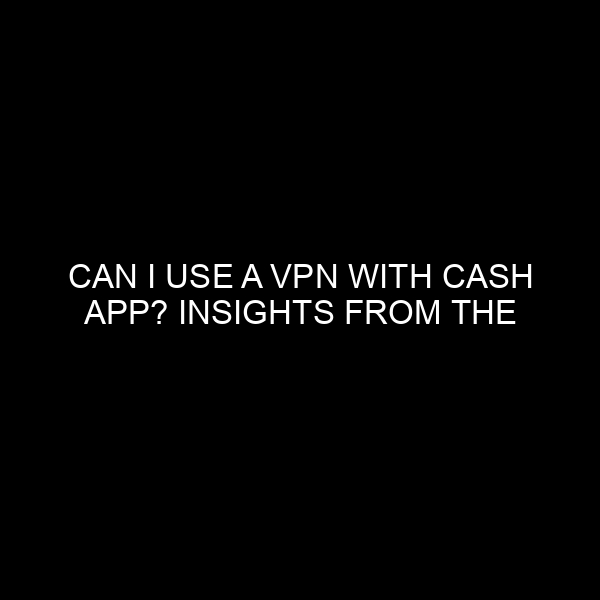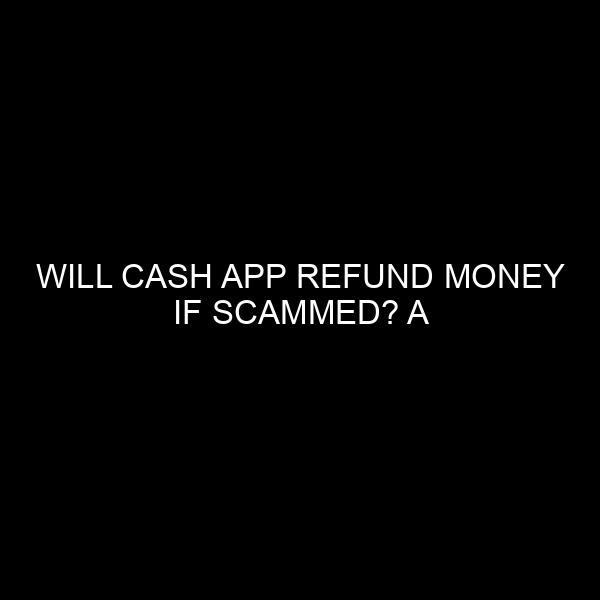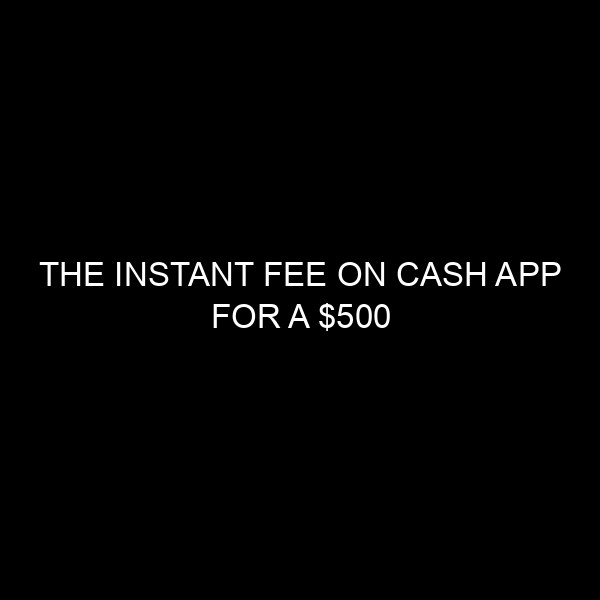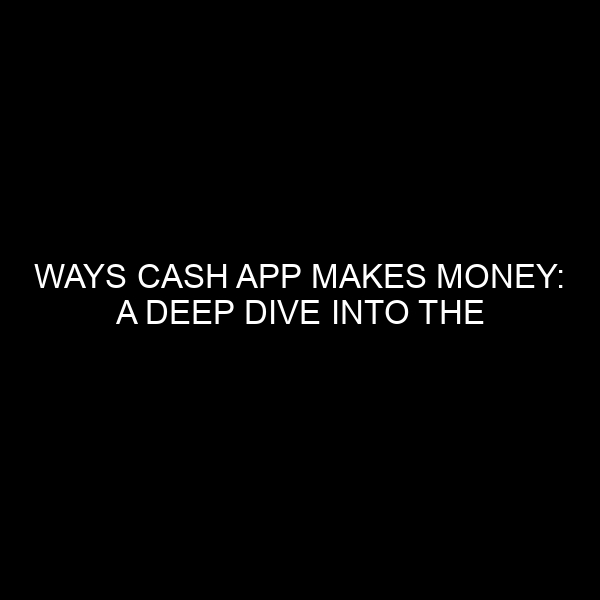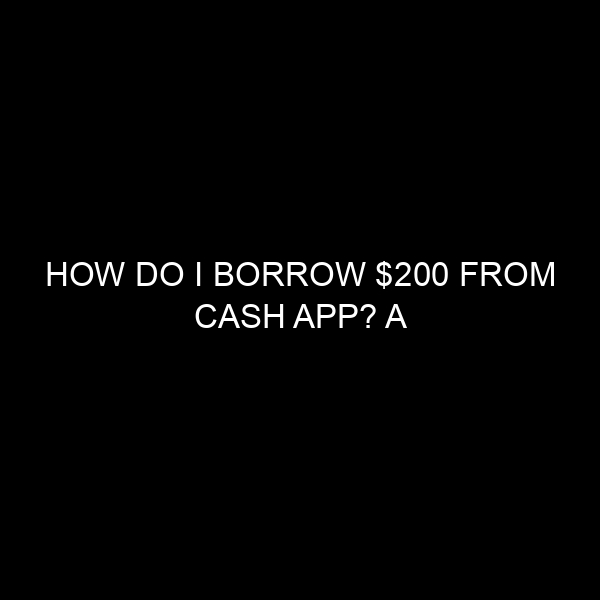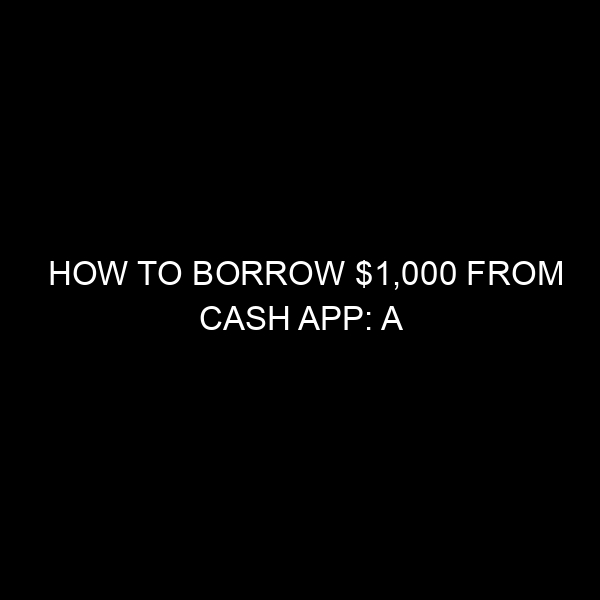Can I Use a VPN with Cash App? Insights from the Financial World
In our increasingly digital world, the urge to maintain privacy and security online has never been higher. For many, this leads to the use of Virtual Private Networks (VPNs) to ensure their data remains confidential. A common question from those in the financial sector, especially as mobile banking and money transfer apps become more prevalent, is: “Can I use a VPN with Cash App?” This article delves deep into this query, offering insights from a financial market and banking industry perspective.
What is Cash App?
Cash App, developed by Square, Inc., is a mobile payment application allowing users to send, receive, and request money from friends and family or even businesses. Since its introduction, Cash App has witnessed an astronomical rise in its user base, partly due to its user-friendly interface and integration of features like investing in stocks or buying and selling Bitcoin.
Understanding VPNs: A Quick Primer
Virtual Private Networks, or VPNs, act as a secure tunnel between your device and the internet. They mask your IP address, encrypt your internet traffic, and provide you with a different geolocation, ensuring that your online activities remain private and shielded from prying eyes. Many banking and financial industry professionals use VPNs to ensure the confidentiality of sensitive financial transactions and data.
Using VPN with Cash App: The Benefits
1. Enhanced Security
While Cash App has its security protocols, using a VPN can add an additional layer of protection. Since VPNs encrypt your data, even if there were an interception, the data would be unreadable. This is especially crucial for those who often use public Wi-Fi to conduct financial transactions.
2. Masking Location
For users who might be traveling or residing in regions where Cash App isn’t available or supported, a VPN can mask their location, giving them access to the app.
The Potential Drawbacks
1. Account Suspensions
Cash App’s terms of service, like many financial institutions, might have stipulations about using tools that mask your location or identity. Using a VPN could be seen as a breach of these terms, potentially leading to account suspensions.
2. Connection Issues
VPNs reroute your data traffic, which can sometimes lead to connection lags or interruptions. This can be problematic if you’re in the midst of a crucial transaction.
3. False Fraud Alerts
Banks and financial apps often track user logins to ensure account security. If you’re frequently logging in from different IP addresses due to VPN usage, it might raise a red flag, leading to potential false fraud alerts.
Best Practices for Using Cash App with a VPN
- Use a Reputable VPN Service: Ensure that the VPN service you choose is reputable and known for its high-speed connections and robust security features.
- Stay Informed: Regularly check Cash App’s terms of service. This will ensure you remain compliant and reduce the risk of account suspension.
- Consistent Location: If possible, always use the same server or location on your VPN when accessing Cash App. This reduces the risk of triggering fraud alerts.
Conclusion
From a banking and financial perspective, using a VPN with Cash App, or any financial app for that matter, is a decision that must be weighed with care. On one hand, the enhanced security and privacy offered by VPNs are undeniable. On the other, potential disruptions in service and the risk of account suspension make it imperative for users to tread carefully.
In essence, if you decide to use a VPN with Cash App, ensure you’re doing so responsibly. Stay informed, make sure you’re compliant with all terms of service, and prioritize the security and integrity of your financial data at all times.
